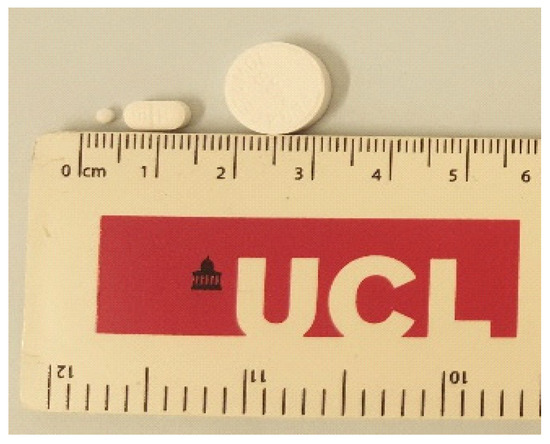Development and Evaluation of Feline Tailored Amlodipine Besylate Mini-Tablets Using L-lysine as a Candidate Flavouring Agent

Felines may find orally administered medicines unpalatable, thus presenting a problem in the treatment of chronic conditions such as hypertension, a commonly diagnosed condition in felines requiring daily administration of medication. A pertinent example is amlodipine besylate, formulations of which are known to be poorly tolerated by cats. There is therefore a need to develop feline-specific delivery approaches that are both simple to administer and mask the taste of the drug, thereby enhancing the owner’s commitment to treatment and the associated therapeutic outcome for the companion animal.
In addition, it is helpful to develop accessible and reproducible means of assessing taste for pre-clinical selection, hence the use of recently developed taste biosensor systems for veterinary applications is an area of interest. This study focuses on developing feline-specific amlodipine besylate formulations by improving the taste using a suitable flavouring agent while reducing dosage form size to a 2 mm diameter mini-tablet. The choice of L-lysine as a flavouring agent was based on the dietary and taste preference of cats. The impact of L-lysine on the taste perception of the formulation was evaluated using a biosensor system (E-tongue) fitted with sensors sensitive to bitter tastes.
The results showed L-lysine successfully masked bitterness, while the drug release studies suggest that it has no impact on drug dissolution. In addition, tableting parameters such as tablet mass uniformity, content uniformity, tablet diameter, thickness and hardness were all satisfactory. The present study suggests that amlodipine besylate mini-tablets containing L-lysine could improve the palatability and in turn support product acceptability and ease of administration. These data could have an impact on orally administered medicines for cats and other veterinary species through product differentiation and competitive advantage in the companion animal market sector. The study also outlines the use of the electronic tongue as a tool for formulation selection in the veterinary field.
Download the full article here or read it here
Article Information: Ekweremadu, C.S.; Abdelhakim, H.E.; Craig, D.Q.M.; Barker, S.A. Development and Evaluation of Feline Tailored Amlodipine Besylate Mini-Tablets Using L-lysine as a Candidate Flavouring Agent. Pharmaceutics 2020, 12, 917.

